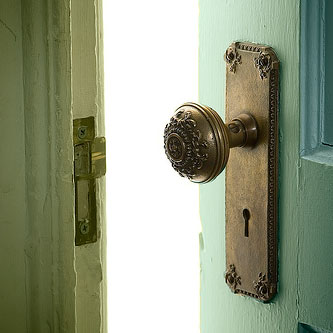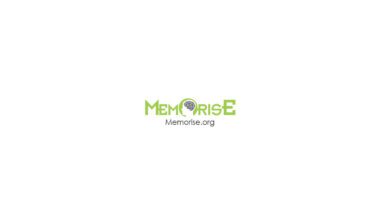Neuroscientists at UCLA have found that by stimulating critical areas in the brain you can strengthen your memory. Their research, published in the February 9th edition of The New England Journal of Medicine, can help to develop new memory boosting applications and treatments for people with memory disease or loss.
The part of the brain called the entorhinal cortex, believed to be the “doorway to the hippocampus,” was the focus of the study. This portion of the brain is believed to help form and store memories, and plays a significant part in turning daily events into lasting memories.
“The entorhinal cortex is the golden gate to the brain’s memory mainframe,” explained senior author Dr. Itzhak Fried, professor of neurosurgery at the David Geffen School of Medicine at UCLA. “Every visual and sensory experience that we eventually commit to memory funnels through that doorway to the hippocampus. Our brain cells must send signals through this hub in order to form memories that we can later consciously recall.”
The team studied seven epileptic patients who had already implanted electrodes in their brains in order to find out exactly where their seizures were originating. They monitored the neuron activity as the patients were forming their memories.
Utilizing a video game that featured a virtual passenger in a taxicab riding in a cyber city, the researchers checked as to whether deep-brain stimulation of the entorhinal cortex or the hippocampus changed the retrieval of memory. The patients role-played as the taxi drivers who picked up a passenger and took them to one of six requested shops.
“When we stimulated the nerve fibers in the patients’ entorhinal cortex during learning, they later recognized landmarks and navigated the routes more quickly,” said Fried. “They even learned to take shortcuts, reflecting improved spatial memory. “Critically, it was the stimulation at the gateway into the hippocampus – and not the hippocampus itself – that proved effective,” he added.
Because the stimulation took place only during the learning phase, the scientists believed there was no need for continuous stimulation to enhance memory, but only when trying to remember important information. According to Fried, “This may lead the way to neuro-prosthetic devices that can switch on during specific stages of information processing or daily tasks.”
“Losing our ability to remember recent events and form new memories is one of the most dreaded afflictions of the human condition,” said Fried. “Our preliminary results provide evidence supporting a possible mechanism for enhancing memory, particularly as people age or suffer from early dementia. At the same time, we studied a small sample of patients, so our results should be interpreted with caution.”
There were no adverse effects of the stimulation to the seven patients. There are further studies needed to determine conclusively whether deep-brain stimulation can bring back or improve other types of recall, such as autobiographical or verbal memories.

About the author:
Ron White is a two-time U.S.A. Memory Champion and memory training expert. As a memory keynote speaker he travels the world to speak before large groups or small company seminars, demonstrating his memory skills and teaching others how to improve their memory, and how important a good memory is in all phases of your life. His CDs and memory products are also available online at BrainAthlete.com.
Sources:
Science Daily – Memory Strengthened by Stimulating Key Site in Brain: http://www.sciencedaily.com/releases/2012/02/120208180057.htm

